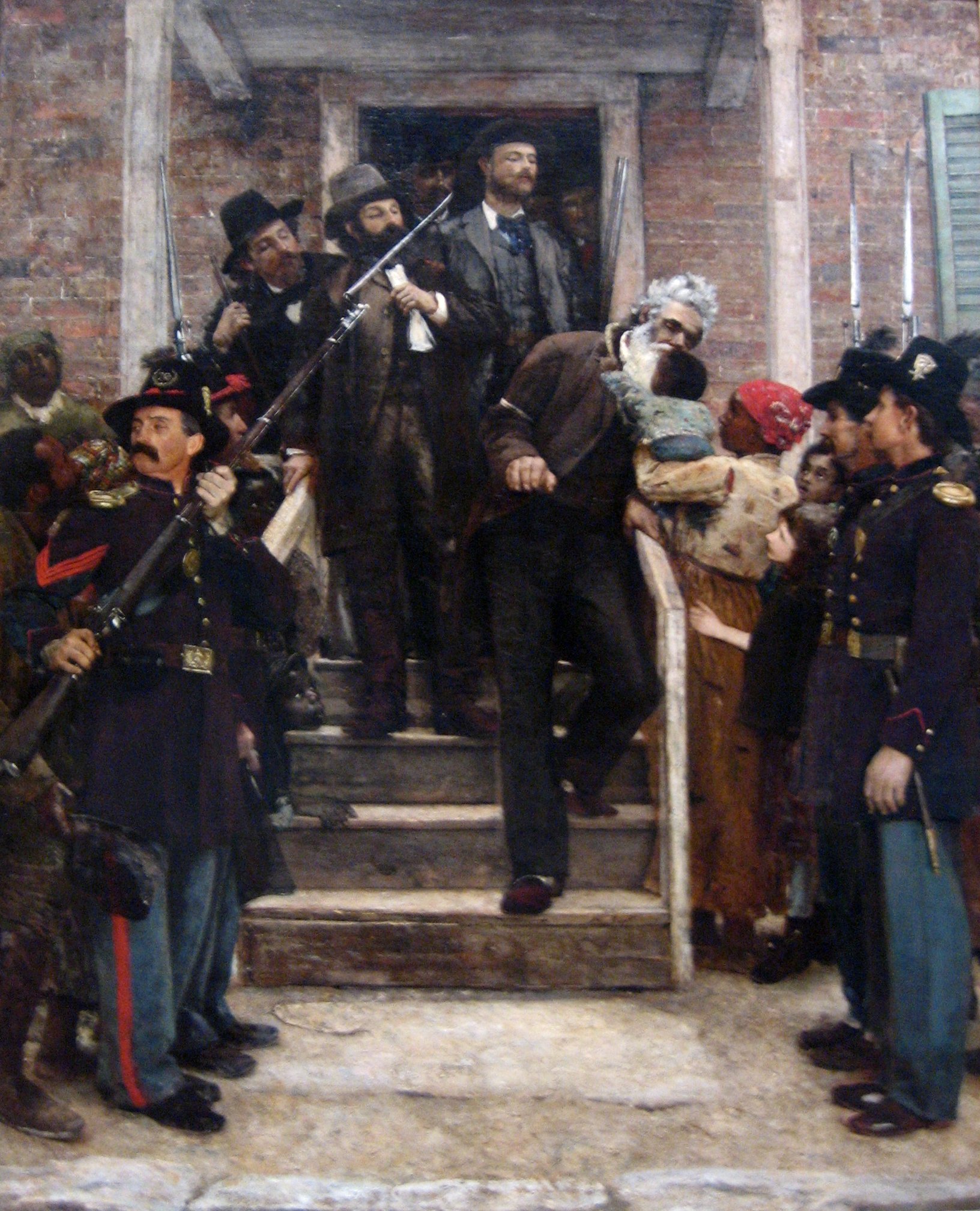
"Thank you, Lord, for all the gifts you've given to me today.
Thank you for all I’ve seen, heard, and received.
Thank you for the shower that woke me up, for the soap that smells so good, for the toothpaste that refreshes. Thank you for the clothes that protect us, for their color and their style. Thank you for the newspaper so faithfully there, for the comics, for my morning smile, for useful meetings, for justice done, for big games won. Thank you, Lord for the street cleaning truck and the men who run it. Thank you for their morning shouts and all the early noises.
Thank you for my work, the tools, my efforts; thank you for the metal in my hands, for the whine of the steel biting into it. Thank you for the satisfied look of the foreman for the load of finished pieces. Thank you for Jim who lent me his file, for Danny who shared his lunch with me, for Charley who held a door open for me.
Thank you for the welcoming street that led me here, for the shop windows, for the cars, for the passersby, for all the life that flowed swiftly between the windowed walls of the houses.
Thank you for the food that sustained me, for the glass of water that refreshed me. Thank you for the car that meekly took me where I wanted to go, thank you for the fuel that made it go, and for the wind that caressed my face. Thank you for the trees that nodded to me on the way. Thank you for the boy I watched playing on the footpath opposite. Thank you for his roller skates, thank you for his comical face when he fell.
Thank you for the morning greetings I received and for all the smiles. Thank you for my mother who welcomes me at home; for her tactful affection, for her silent presence. Thank you for the roof that shelters me, for the lamps that light me, for the radio that plays and for the news and for music and for singing. Thank you for the bunch of flowers so pretty on my table. Thank you for the tranquil night, for the stars, and thank you, Lord, for silence….
Thank you for the time you've given to me, Lord. Thank you for life, thank you for grace, thank you for just being there and listening to me and for taking me seriously. Thank you for gathering my gifts in your hands to offer them to your father. Thank you, Lord, thank you."
Source unknown, far away, many years ago.






